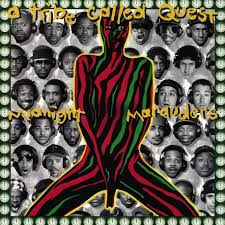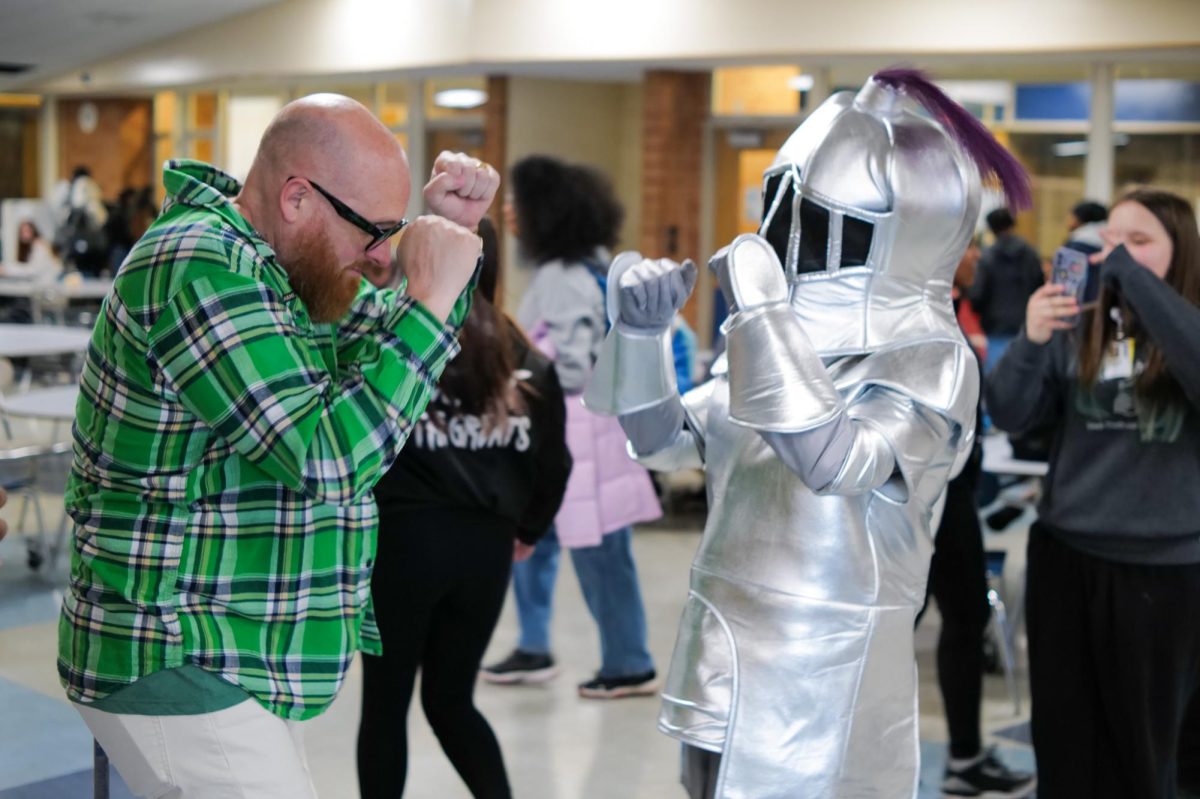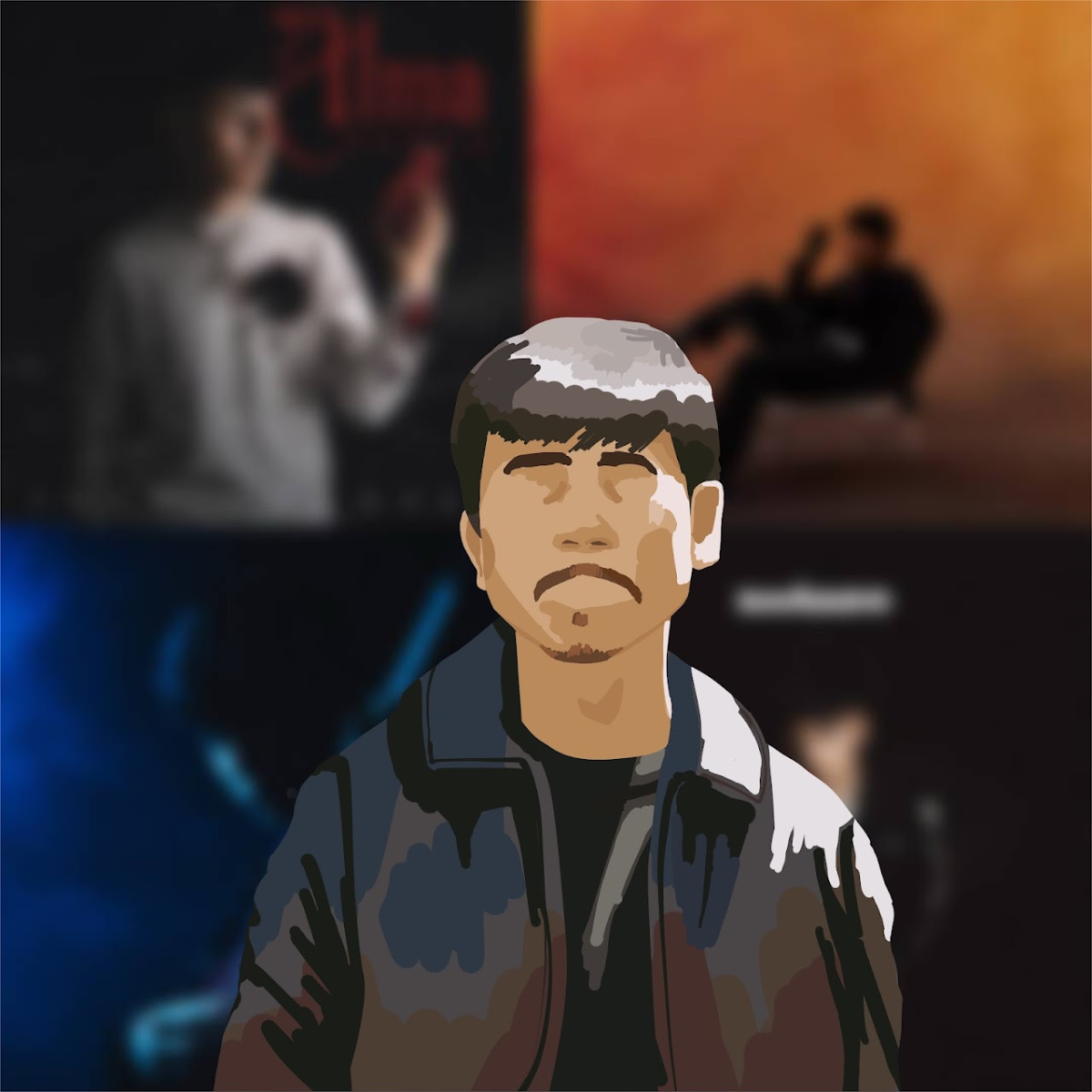
Driving down the highway with the windows rolled down, you hear a familiar bass line sliding out of the speakers in your car. The wind screams through your hair, but the sounds of the unknown song pull your ears back to the radio. The old-school beat, jazz samples and simple, yet witty rhymes pull you in. You find yourself stuck in an auditory daze in a matter of minutes. This is what many rap and hip-hop groups of the 80s and 90s did for the past few generations.
Although you may not have heard their music, Phife Dawg (also known as Malik Izaak Taylor) and his fellow bandmates, Q-Tip and Ali Shaheed Muhammad, made waves in the mid to late 80s with their deeply sincere lyrics and their artistic sound. These aspects quickly became the overarching symbol of their group, “A Tribe Called Quest,” and ranked them among many of the pioneers of hip-hop and rap.
With the recent passing of Phife Dawg on March 22, 2016, many people are reliving their younger years spent listening to him and his group.
“[“A Tribe Called Quest” was] a huge cog in my musical upbringing,” said Isaac Turner, History of Rock and Roll professor at Kalamazoo Valley Community College. “I got the first Tribe Called Quest record out of nowhere in 1991, I think, and it blew my head wide open. I loved what little rap that was on the radio in small-town North Dakota at the time… but this was like something from another planet entirely.”
However, some millennials are only just recently getting involved in the music of the 80s or 90s, as not all of them personally grew up with the music. There are many similarities with musicians of 2016 and those in the 80s and 90s, which makes older music so much more compelling to younger generations.
“I think that with the development of new technology that allow us to be able to create music in a more futuristic way is what has moved [the music industry] forward,” said sophomore Alex Smith. “The production back [in the 80s] definitely has its own style and taste that’s unique as well.”
Smith has what he considers to be a pretty extensive taste in music, ranging from, although not limited to jazz, funk, hip-hop and rap. What he finds most interesting about “A Tribe Called Quest” in particular is their ability to hand the mic over to more unknown artists.
“‘A Tribe Called Quest’ has been a huge influence on the hip-hop world ever since they came out with their first few albums,” said Smith. “They brought a lot of artists into the public eye, like with Busta Rhymes in their song ‘Scenario.’ I feel like they’re a really influential group.”
Some millennials have been well-informed in old-school music, such as senior Luis Lara. “A Tribe Called Quest” is what he considers to be his first step into the old-school rap and hip-hop realm.
“When I first started listening to hip-hop, I started listening to ‘A Tribe Called Quest’, and I collected all their vinyls,” said Lara. “I’ve been listening to them even more now that Phife Dawg’s dead.”
Lara believes that the words of Phife Dawg are some of the most influential in rap history.
“He was a little man with a big message,” said Lara.
Rap and hip-hop from the past few decades has vastly changed, however, there are new artists that are bringing back the dynamic, no-nonsense feel of the past. Artists like “Chance the Rapper”, “Kendrick Lamar” and “MIA” have sought to make rap and hip-hop the new “Rosetta Stone.” Simply put, these artists are paving the new way to expand the voice of the people, similar to how artists like “A Tribe Called Quest,” “De La Soul”, and “KRS-One” had done.
“Hip-hop is, by far, the most significant cultural development in the western world in the last 200 years,” said Turner. “The roots are deep and twisted and complex.”







